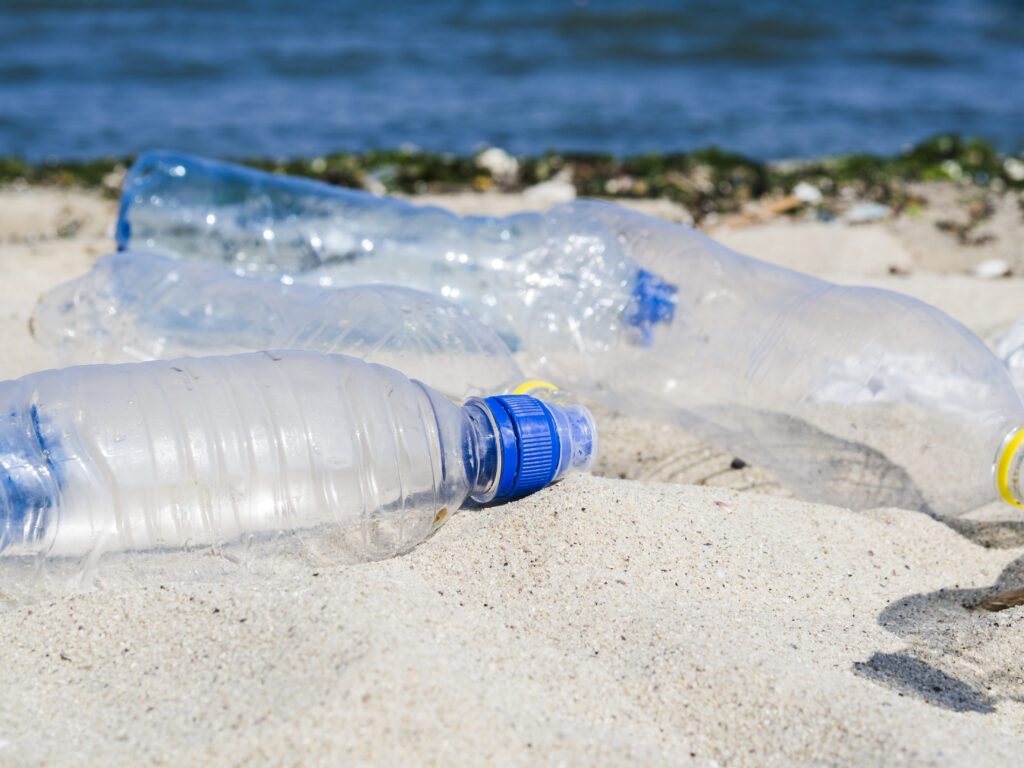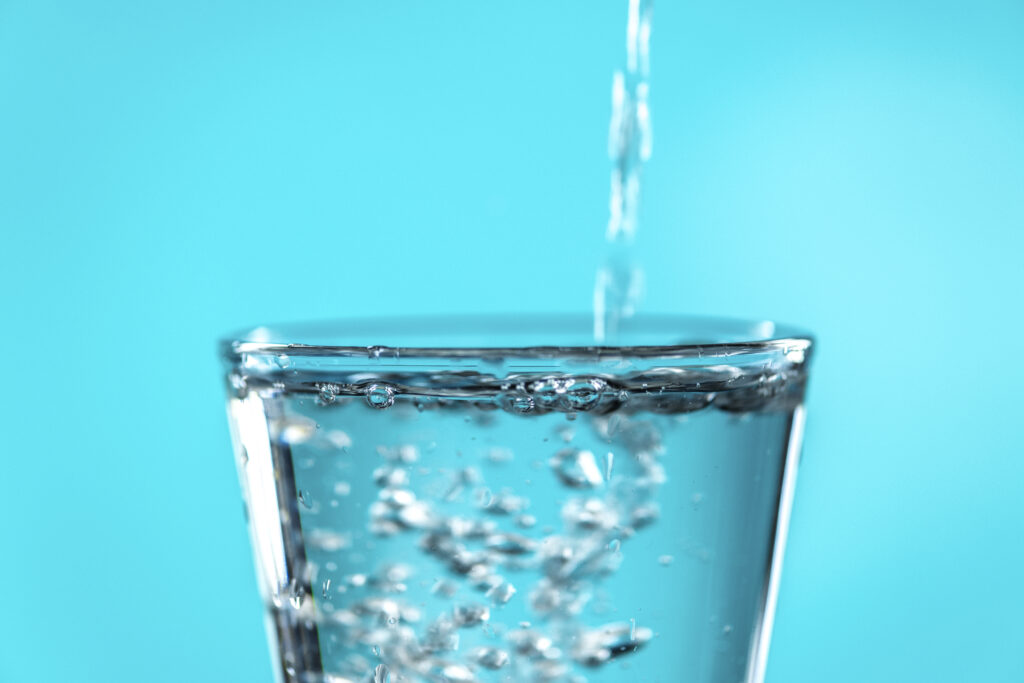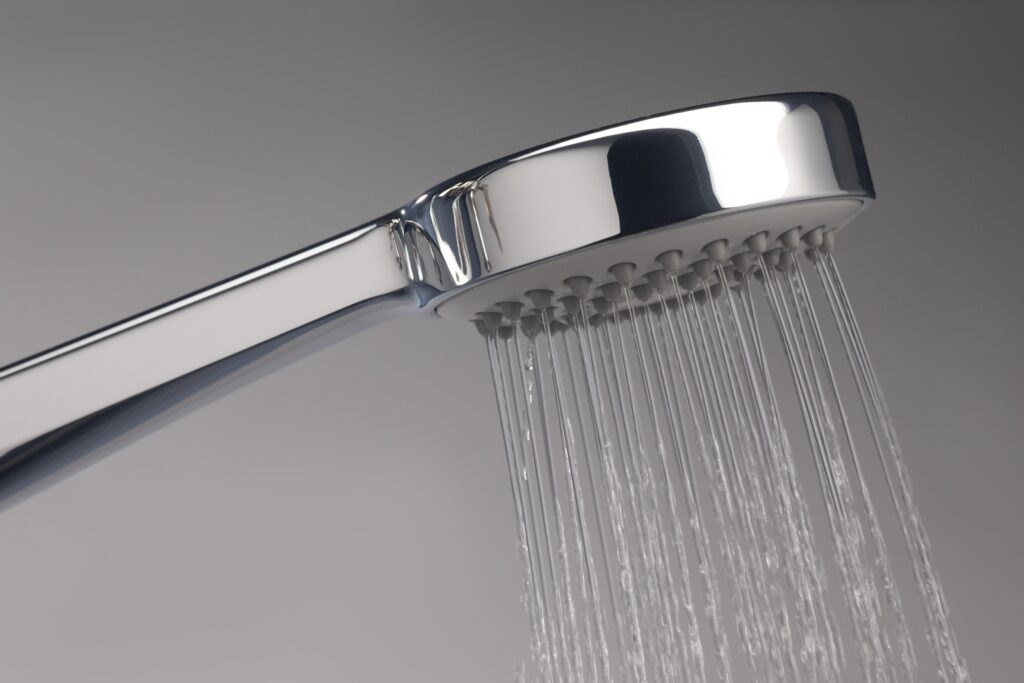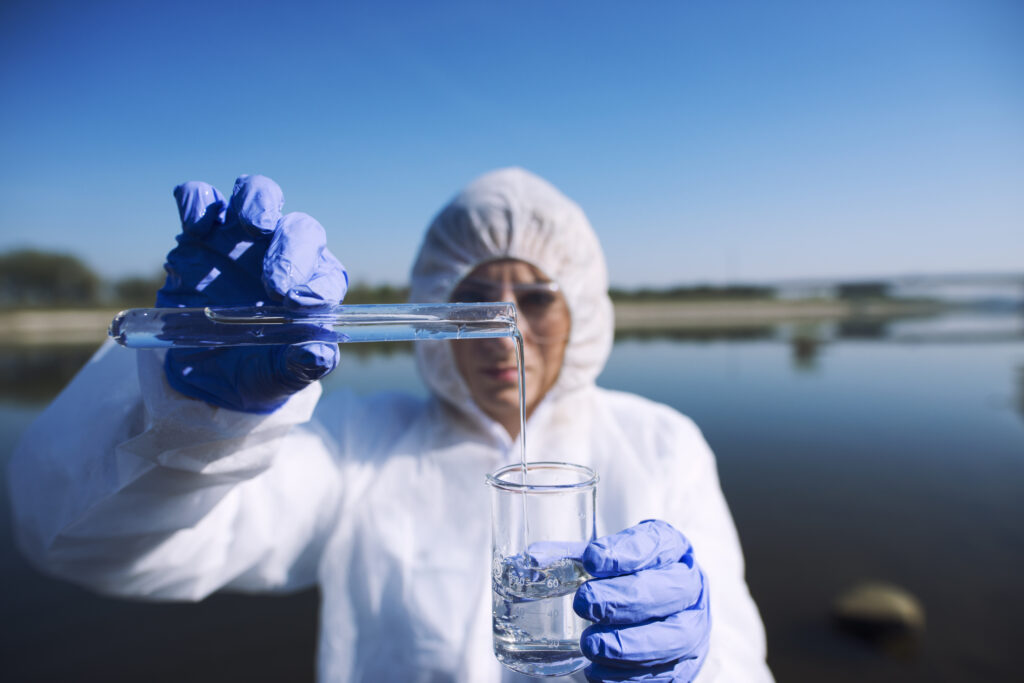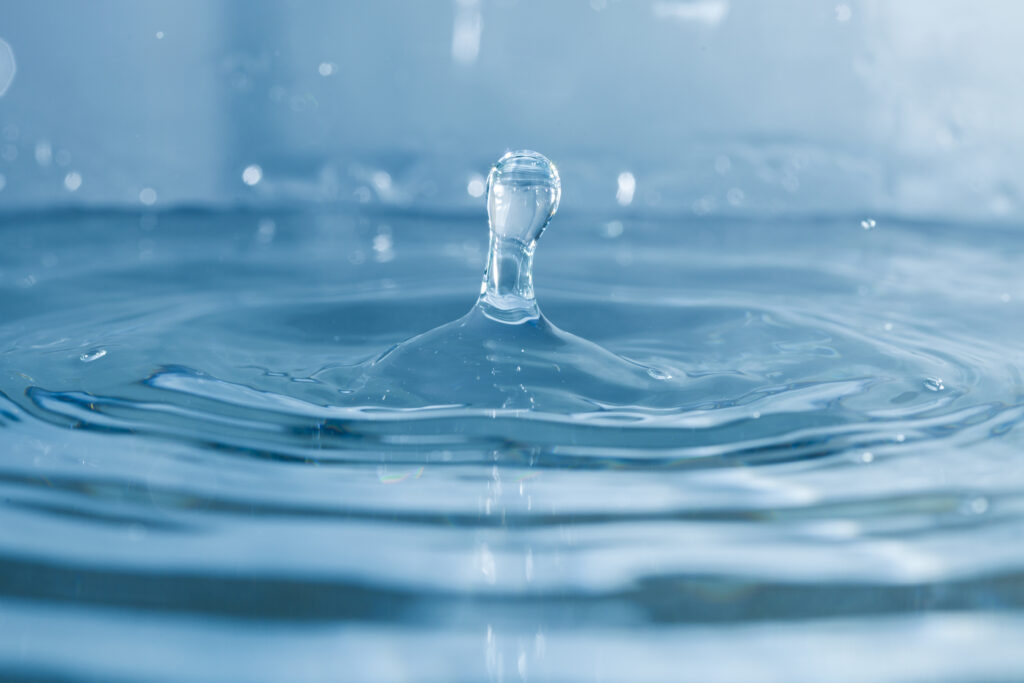The Role of Water Filtration in Reducing Plastic Waste: Eco-Friendly Solutions
In today’s world, where environmental concerns are at the forefront of global conversations, reducing plastic waste has become a critical goal. Plastic pollution has devastating effects on ecosystems, wildlife, and even human health. A significant contributor to this crisis is the widespread use of single-use plastic water bottles. However, there is a simple yet powerful solution that can help tackle this issue—water filtration systems. By using water filtration, we can significantly reduce our reliance on bottled water, thereby minimising plastic waste and contributing to a healthier planet. In this post, we’ll explore the role of water filtration in reducing plastic waste and why it’s a sustainable choice for both individuals and communities. Understanding the Plastic Problem Plastic waste is one of the most pressing environmental challenges of our time. Each year, millions of tons of plastic are produced, with a large portion of it ending up in landfills, oceans, and other natural environments. Single-use plastic bottles are a major part of this problem. According to estimates, around 1 million plastic bottles are purchased every minute globally, with less than half of these being recycled. The rest often end up as waste, contributing to the growing plastic pollution crisis. These plastic bottles take hundreds of years to decompose, and as they break down, they release harmful microplastics and chemicals into the environment. These pollutants can be ingested by marine life and eventually make their way up the food chain, impacting human health as well. How Water Filtration Reduces Plastic Waste Water filtration systems offer a sustainable alternative to bottled water, helping to reduce plastic waste in several key ways: 1. Eliminating the Need for Single-Use Plastic Bottles One of the most direct ways water filtration helps reduce plastic waste is by providing a reliable source of clean, safe drinking water right from the tap. When individuals have access to filtered water at home, at work, or on the go, there’s no need to purchase bottled water. This simple switch can drastically reduce the number of plastic bottles used and discarded every day. 2. Encouraging Reusable Water Bottles By using a water filtration system, you can easily fill up reusable water bottles instead of relying on single-use plastic ones. Reusable bottles are designed to be durable and long-lasting, significantly reducing the amount of plastic waste generated over time. Many people find that filtered water tastes better than tap water, encouraging them to choose refillable bottles and drink more water throughout the day. 3. Reducing Carbon Footprint The production, transportation, and disposal of plastic bottles contribute to greenhouse gas emissions and overall environmental degradation. By using water filtration systems, we not only cut down on plastic waste but also reduce the carbon footprint associated with bottled water. This is especially important as the world works to combat climate change and move toward more sustainable practices. 4. Supporting Community and Environmental Health Water filtration systems also have broader benefits for community and environmental health. By reducing plastic waste, we help protect natural habitats, reduce pollution in our oceans and waterways, and decrease the strain on recycling and waste management systems. This contributes to a healthier environment for all living beings. Types of Water Filtration Systems There are several types of water filtration systems available, each offering unique benefits for reducing plastic waste: • Pitcher Filters: These are portable and convenient, perfect for home use. They allow you to filter tap water easily and store it in the refrigerator, eliminating the need for bottled water. • Faucet-Mounted Filters: These attach directly to your tap, providing instant access to filtered water. They are an excellent option for families who use a lot of water throughout the day. • Under-Sink Filters: Installed under the kitchen sink, these systems offer a more permanent solution for households looking to reduce plastic waste while ensuring access to clean, filtered water. • Whole-House Filters: These systems filter water at the point of entry to your home, ensuring that all water used for drinking, cooking, and bathing is free from contaminants. While they require a larger investment, whole-house filters can have a significant impact on reducing plastic waste. The Broader Impact of Reducing Plastic Waste The impact of reducing plastic waste goes beyond individual households. On a global scale, decreasing reliance on single-use plastics can lead to significant environmental and economic benefits: • Protecting Marine Life: Every year, millions of tons of plastic waste enter our oceans, harming marine animals and ecosystems. By reducing plastic waste, we help protect the oceans and the countless species that call them home. • Conserving Resources: Producing plastic requires significant amounts of fossil fuels and water. Reducing plastic waste helps conserve these valuable resources, contributing to a more sustainable future. • Improving Public Health: Microplastics and chemicals from plastic waste can contaminate food and water supplies, posing risks to human health. By minimising plastic waste, we help reduce these risks and promote healthier communities. Conclusion: Make the Switch to Water Filtration The role of water filtration in reducing plastic waste cannot be overstated. By choosing to filter water at home, at work, or on the go, you make a positive impact on the environment and contribute to the global effort to reduce plastic pollution. Whether it’s a simple pitcher filter or a whole-house system, water filtration is an effective and sustainable solution for reducing our reliance on single-use plastics. Make the switch today and be part of the solution for a cleaner, healthier planet.
The Role of Water Filtration in Reducing Plastic Waste: Eco-Friendly Solutions Read More »
